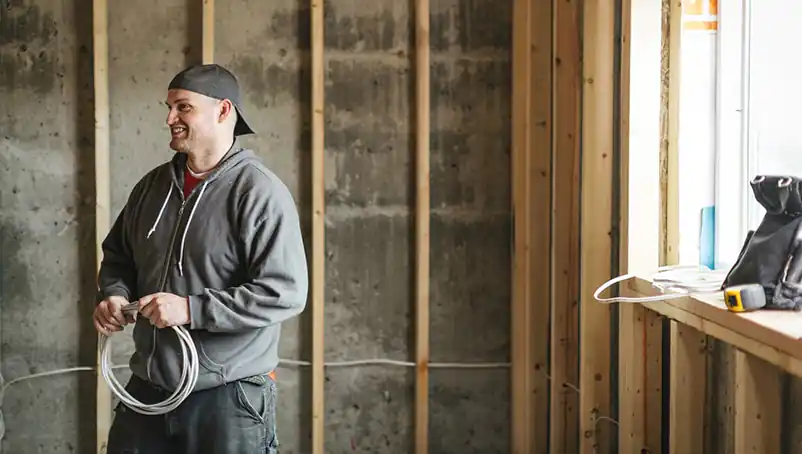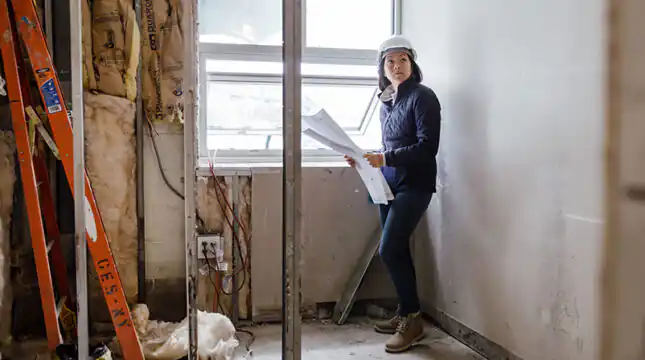Which Texas cities require a general contractor license?
| City | License/registration | Insurance/bonding |
|
Austin
| General contractor registration required | Insurance may be required depending on the project |
|
Dallas
| Contractor registration required (renew annually) | Proof of liability insurance, workers’ comp |
|
Houston
| No general contractor registration required, but need to register business | Proof of insurance (liability, workers’ comp, auto) often required for permits |
|
San Antonio
| Registration with Development Services required | Certificate of liability insurance required; bonding may be needed for some projects |
Even though a state license is not required for all general contractors, you might need to apply for a license through your local municipality. Go to your local city and search for “general contractors licenses,” to determine the general contractor license requirement in your city.
The requirements vary by city. Here is what that might look like in bigger metropolitan areas:
Austin
If you are doing contracting work in Austin, you must register with the city through its Austin Build + Connect (AB+C) Portal Account before doing work. It’s free to register.
You may also need to obtain a project-based permit, though not all projects require a permit in Austin. Your general contractor permit application from the City of Austin Service Center and Trade Permits can ask for information such as:
- The scope of work
- The project address
- Your building permit numbers
- A detailed description of the project
Permit and review fees vary based on the project type, its size, and complexity.
Dallas
The City of Dallas requires you to apply for contractor registration based on the license type you need. General contractor work includes residential and commercial general contracting, roofing, fencing, foundation, demolition, and pool contracting.
Here’s how to apply: You’ll need to provide proof of liability insurance, a state sales tax permit and a certificate of occupancy for a physical business location in Dallas, among other things.
This registration isn’t a one-time thing. You’ll need to renew it every year. The annual registration or renewal fee is $120.
As for insurance, Dallas requires you to have general liability and workers’ compensation policies.
Houston
Houston doesn’t have a general contractor license, so you don’t need to worry about licensure requirements. However, you will need permits on a job-by-job basis. The Houston Permitting Center has a project planner to help you figure out which permit you will need.
All businesses operating in the city must obtain a Basic Business License (BBL) from the Administration & Regulatory Affairs division. There is an administrative fee of $33.10.
As part of the BBL process, contractors may be required to show proof of various insurance coverages, depending on project types and permits. These typically include general liability, workers’ compensation and commercial auto policies.
Moreover, contractors will often need special permits. Most projects require an inspection from the city for safety and code compliance.
San Antonio
For general contract work, you may need to register with the city depending on the work you perform. Generally, commercial general contractors don’t have license or registration requirements, while residential contractors do. You may need to obtain the proper permits if your work is outside of the “no permit” list.
Different types of work can require different registration application forms and license fees. For example, the home improvement contractor form (for limited repair work) is separate from the residential building contractor application (for more extensive construction work).
Both types of residential contractors will also need a certificate of liability insurance. To register as a home improvement contractor costs $150 for two years; residential building contractors can expect to pay $170 for two years.









